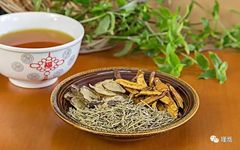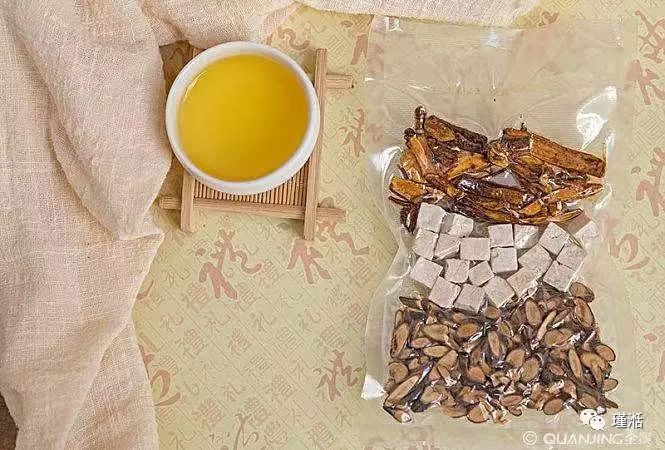
After the composition of Chinese herbal formulas, they are prepared in specific forms based on the condition and characteristics of the herbs. The Huangdi Neijing (Yellow Emperor’s Inner Canon) records forms such as wan (pills), san (powders), tang (decoctions), gao (ointments), and dan (elixirs). In modern times, many new forms have emerged, including pian (tablets), chongji (granules), and zhuanjie (injections).
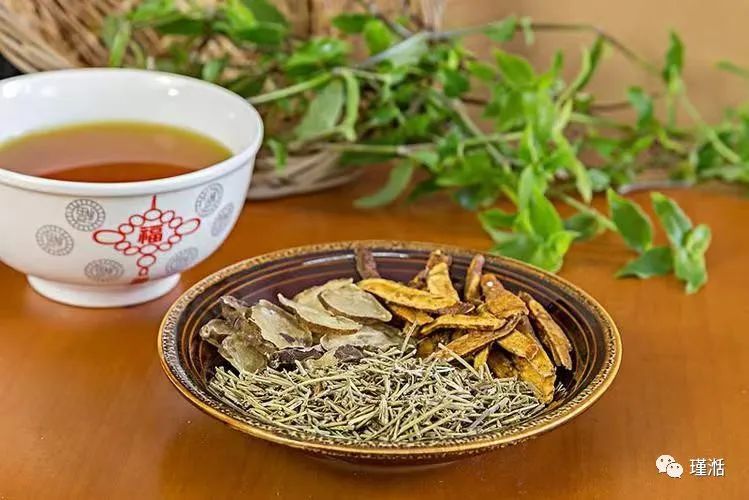
Tang (decoction): This is the most familiar form, made by soaking herbs and then boiling them in water or wine. Characteristics: The active ingredients are easily affected by water and heat, making the efficacy difficult to control. After oral administration, absorption is rapid, and the effects manifest quickly, with dosages adjustable according to symptoms. It is suitable for patients with severe or unstable symptoms. Disadvantages: Inconvenient to carry and poor taste.
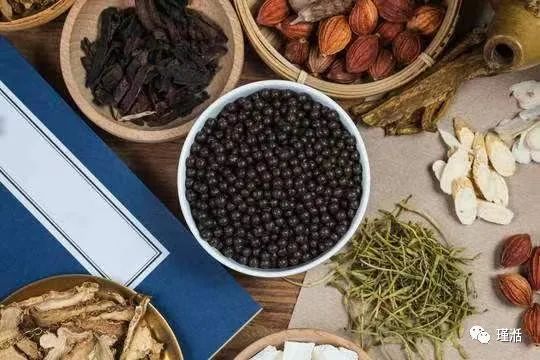
Wan (pills): These are made by grinding herbs into fine powder or extracting the essence of the herbs, then forming them into spherical solid forms with a small amount of binder. Characteristics: Slow absorption, long-lasting effects, and convenient to take. Common types include honey pills, concentrated pills, water pills, and paste pills. Honey pills: Mild and long-lasting, commonly used for treating chronic diseases and weakness, can be taken long-term. Water pills: Easily absorbed, quick onset, and easy to swallow. Paste pills: Reduce irritation to the gastrointestinal tract. Concentrated pills: High in active ingredients.
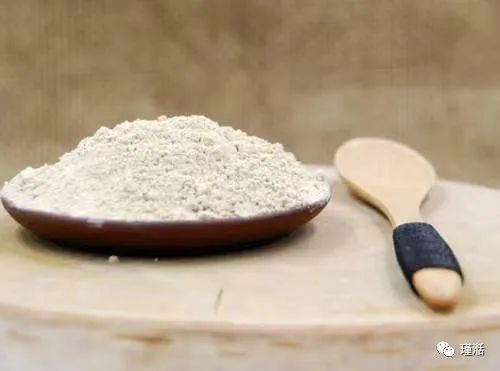
San (powder): The herbs are crushed and mixed evenly to form a powder. Characteristics: Can be taken with water or boiled. Convenient to carry and quick absorption.
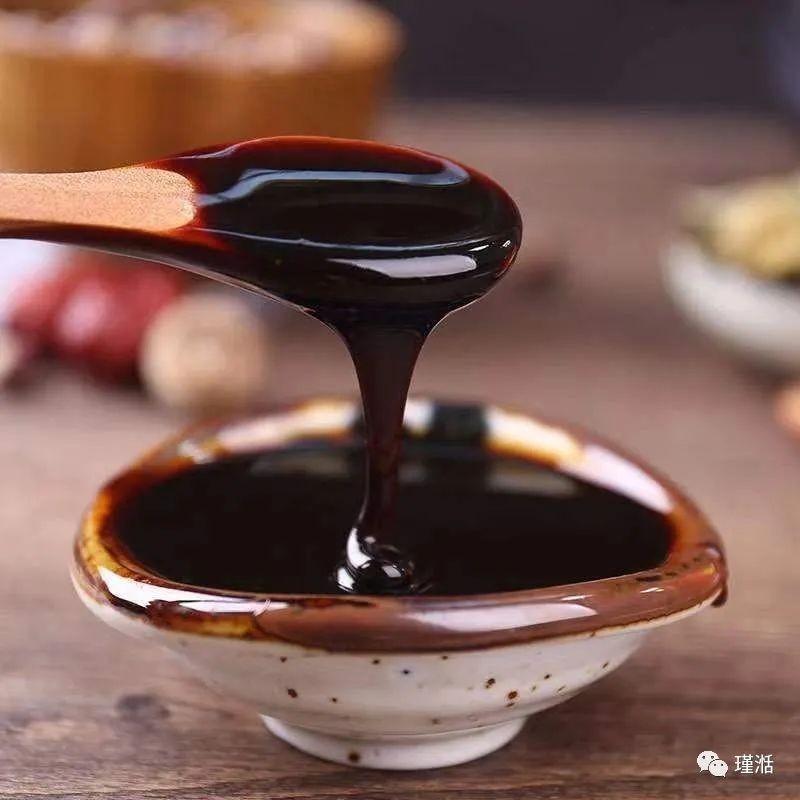
Gao (ointment): Made by boiling herbs in water or plant oil and then straining. Can be used internally and externally. Internally, it is suitable for supplementation in winter, with high content and good taste. Generally used for nourishing and regulating chronic diseases. Externally, ointments are used for application.
Tang is suitable for quickly addressing issues, especially in emergencies and severe cases. Wan is suitable for gradual nurturing and long-term use, particularly for chronic diseases and weak constitutions. Gao is used for nourishment and has a better taste.

